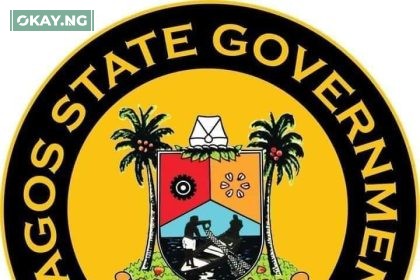The Kenyan government has unveiled its budget plans for the upcoming fiscal year, projecting a modest decline in the budget deficit while simultaneously increasing overall spending. This strategic move comes amidst a backdrop of recent economic and political turbulence, including the contentious issue of tax increases.
The Ministry of Finance, in its recently released Budget Policy Statement, outlined its fiscal projections for the 2025/26 fiscal year (July-June). The statement revealed an anticipated budget deficit of 4.3% of Gross Domestic Product (GDP), a slight improvement from the 4.9% deficit projected for the current fiscal year.
To accommodate this increased spending, the government has outlined its financing strategy. Net external financing is expected to contribute 146.8 billion shillings, while net domestic financing will contribute 684.2 billion shillings towards bridging the budget gap.
This budget announcement comes on the heels of a significant political upheaval. President William Ruto was compelled to rescind a controversial tax increase package worth over 346 billion shillings in June. This decision followed widespread youth-led protests that posed a serious challenge to his presidency. The government’s ability to navigate these economic and political headwinds while maintaining fiscal responsibility will be crucial for its long-term success.
Read Also: ICYMI: Kenyan Kibet Reigns Supreme, Claims Second Lagos City Marathon Victory
The increased spending outlined in the budget reflects the government’s commitment to key development priorities. While the specific allocations will be detailed in the forthcoming national budget, it is expected that investments in critical sectors such as infrastructure, healthcare, and education will remain a focus.
However, the path to achieving these ambitious targets is not without its challenges. Maintaining fiscal discipline while navigating potential economic shocks will be paramount. The government will need to carefully monitor global economic trends, such as rising interest rates and inflationary pressures, which could impact its fiscal position.
This budget announcement has significant implications for the Kenyan economy and its people. It will be crucial to ensure that the increased spending translates into tangible benefits for citizens, such as improved access to quality public services and job creation.
Moving forward, transparent and inclusive policymaking will be essential. The government must engage in open dialogue with stakeholders, including civil society organisations and the private sector, to ensure that budget decisions are informed by the needs and priorities of all Kenyans.
In conclusion, the Kenyan government’s budget projections for the 2025/26 fiscal year present a delicate balancing act between economic growth and social development. While the projected decline in the budget deficit is a positive sign, the government must remain vigilant in its efforts to manage public finances responsibly and effectively. The success of these budget plans will ultimately determine the trajectory of Kenya’s economic future and its ability to improve the lives of its citizens.













